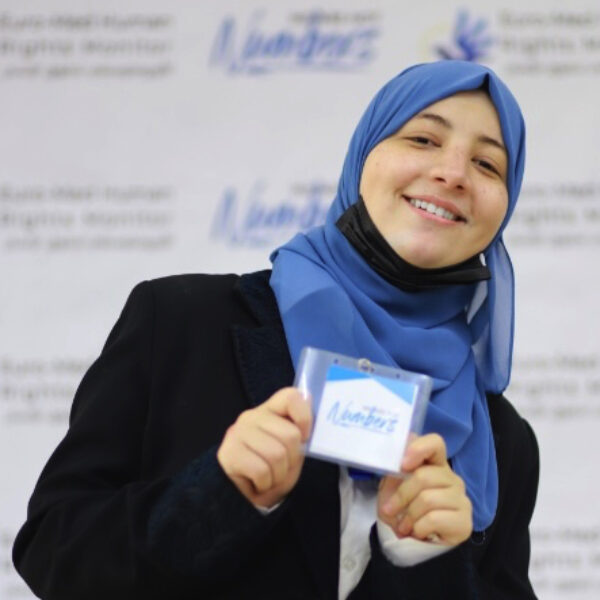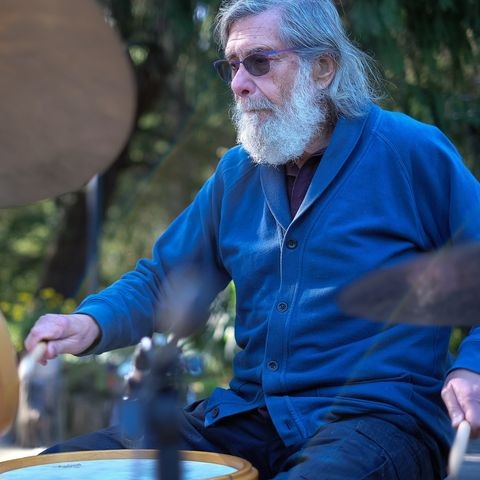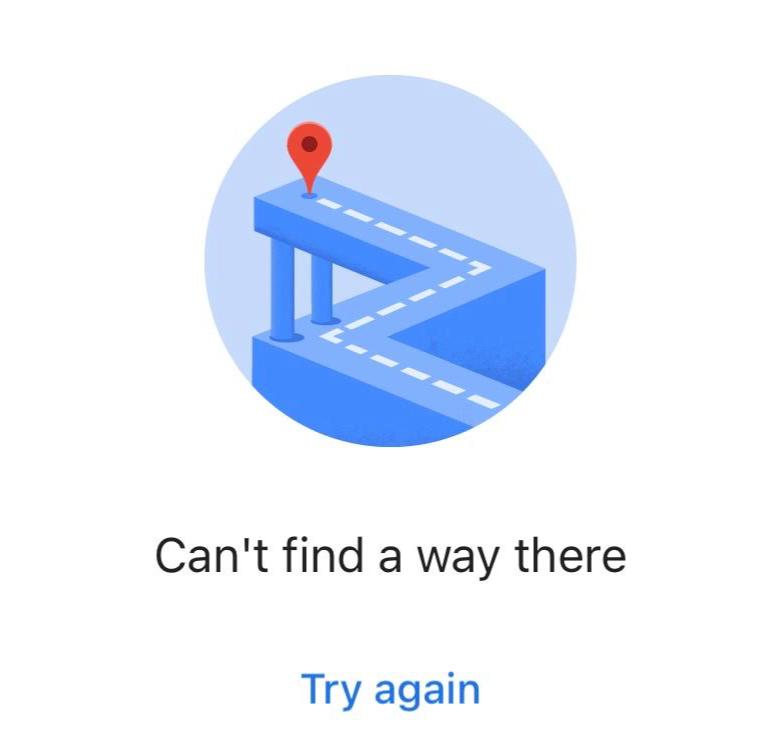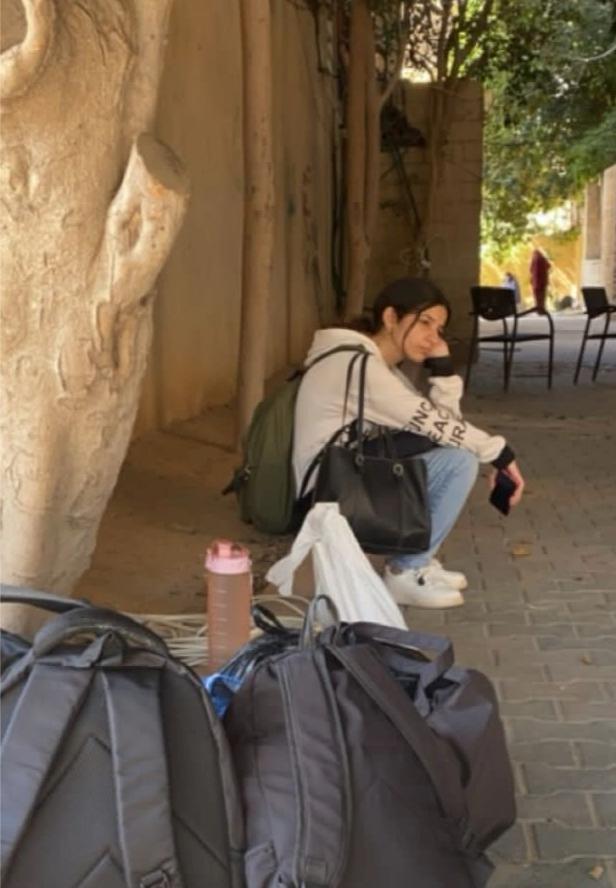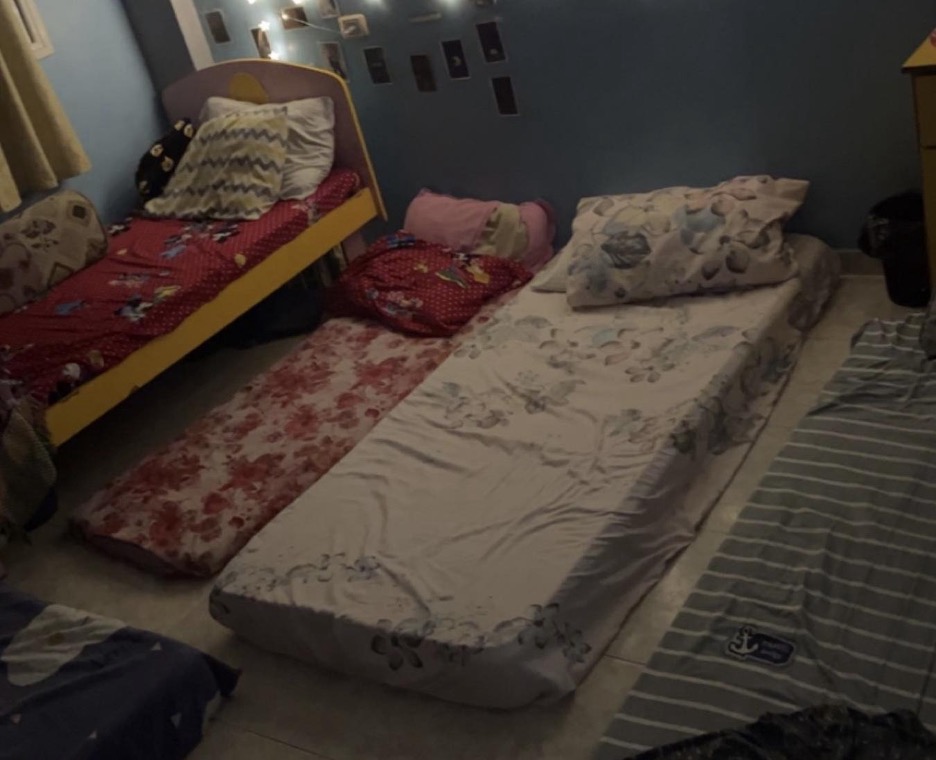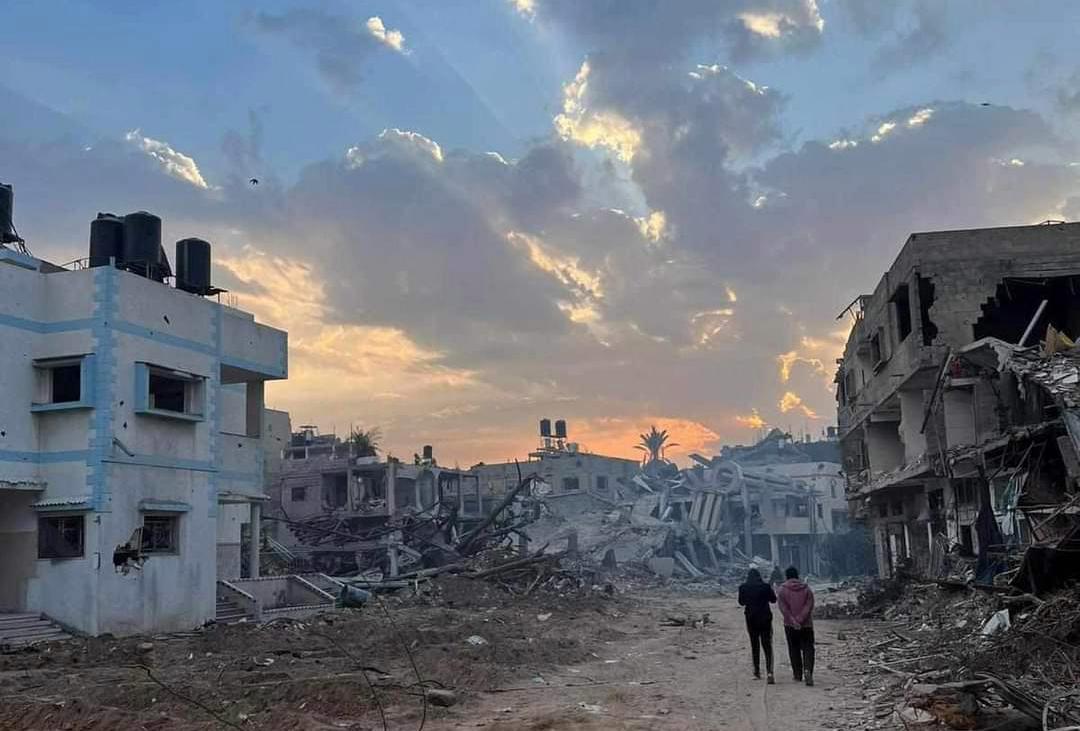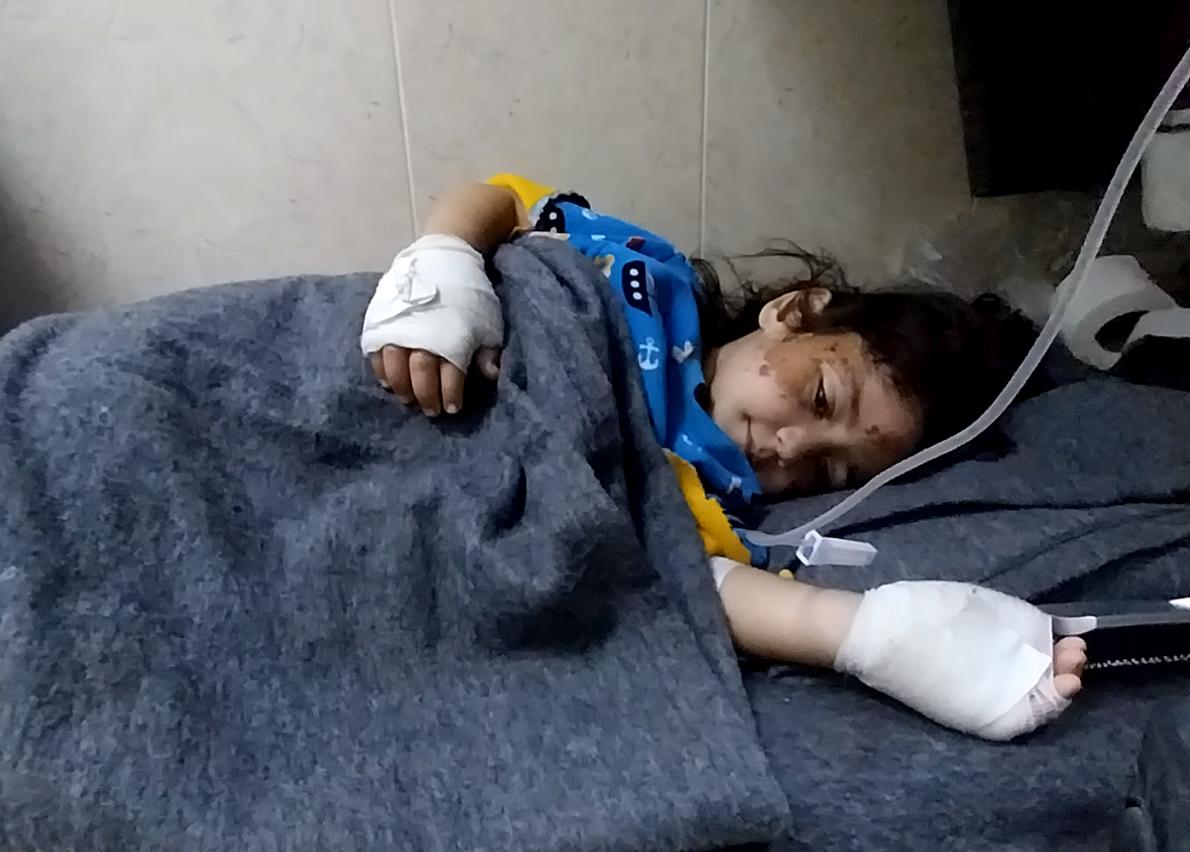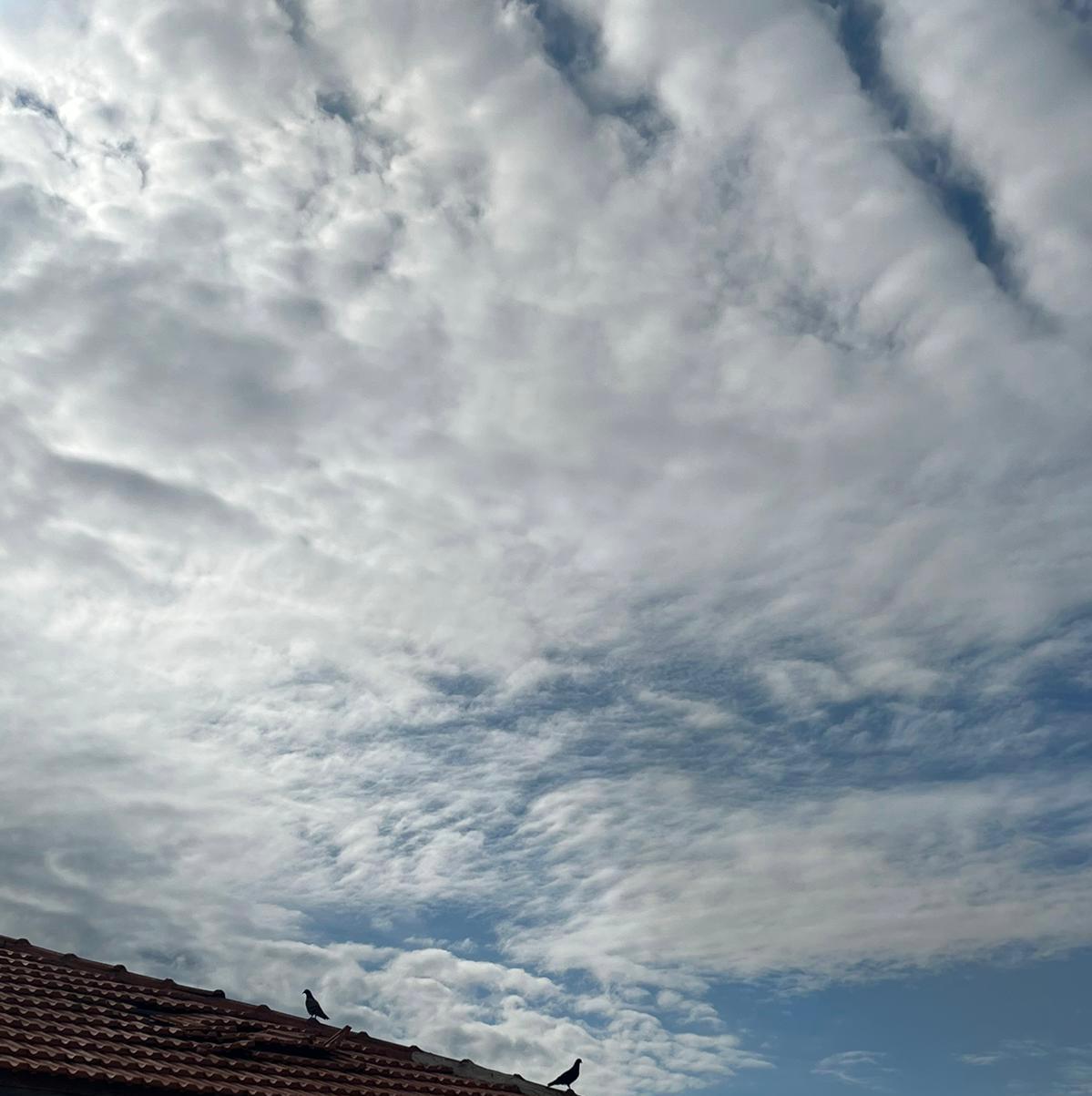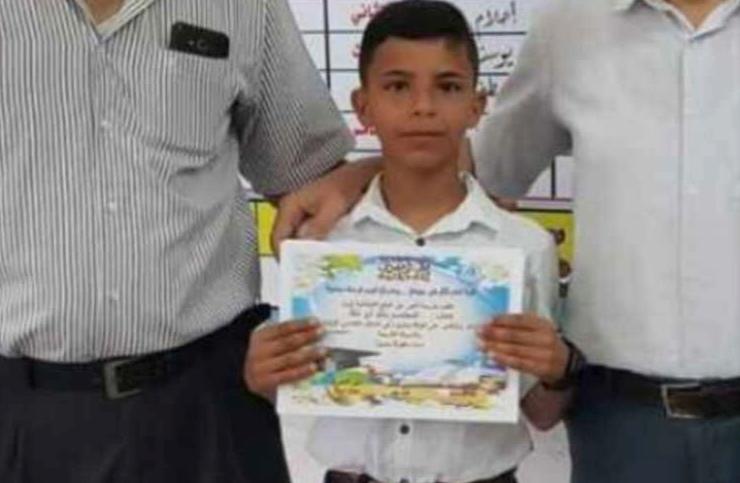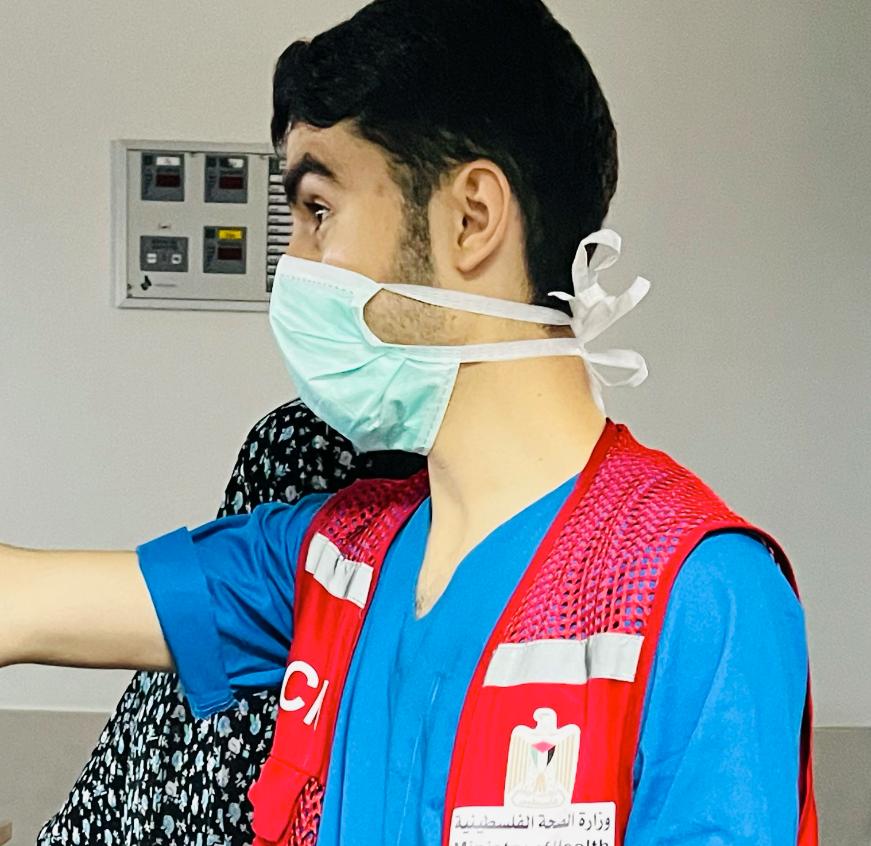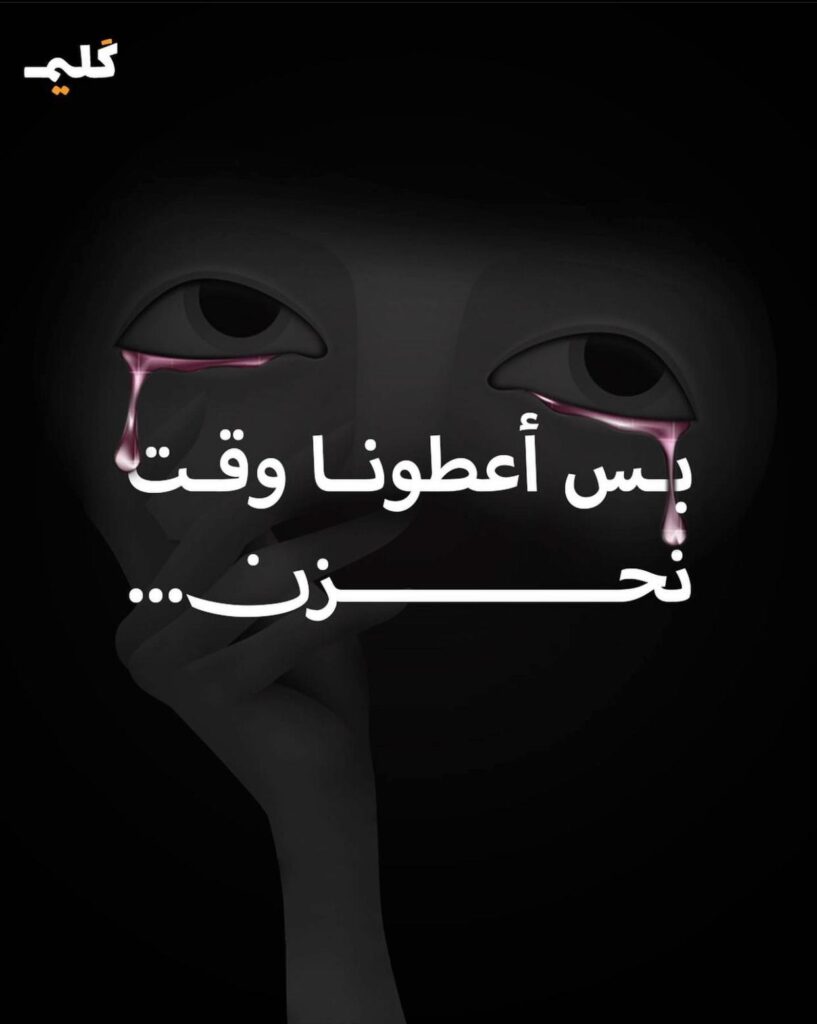
The news of death and devastation in Gaza continues to pour in at a rapid pace, leaving the city’s residents unable to comprehend the enormity of what is happening. They are even unable to find enough time to properly grieve. Their minds are preoccupied with one question: How will we survive?
Daily struggles weigh heavily on them, adding to the chain of painful events they endure every day. Often, they are forced to suppress their emotions to live through or temporarily ignore them until the war ends.
Farah Aiesh shares her experiences from the early days of the occupation’s aggression on Gaza until today, as if she were narrating the condition of everyone in the sector.
“The war doesn’t give us time to mourn,” she begins.
It all started on the second day of the war, Oct. 8, 2023. The news came like a thunderbolt: “My aunt, her entire family, and grandchildren were martyred, leaving only her three daughters alive from the whole family,” she recalls. “We thought that was the hardest thing we would go through.”
But death followed death. “We couldn’t even comprehend what was happening,” Farah continues. “The next day brought news of the martyrdom of the twins Khaled and Salah Jadallah and several members of their family, closest friends to my brother Ahmed. They were inseparable, and he couldn’t take a step without them.
“No one could go to retrieve them from under the rubble,” she recounts. “My brother refused to leave his friends, and he kept digging with his hands alongside my father and others. Despite the danger, he wouldn’t abandon them. They were rescued from under the debris, but my brother returned shattered. We didn’t know who to console or who to blame.
“We didn’t even have time to be sad,” Farah continues. “Within two days, we received orders to evacuate our area and relocate from north to south. Over 20 of us ended up in the same house because it was difficult to find a place before we evacuated, only to be displaced again to another area due to another evacuation order.”
As if all that wasn’t enough, Farah’s family received news that their home had been destroyed and the Israelis were present in the area. “We didn’t mourn our house, which we hadn’t even had a chance to celebrate in the year and a half since it had been completed, after starting from scratch and putting all our efforts and lifelong savings into it. And of course, we didn’t have the energy to mourn!”
Farah continued, “After a short period we received news of the martyrdom of my beloved cousin’s daughter, Haya, and her daughter, who was one of the three daughters remaining from my aunt’s family who was martyred on the second day of the war. It was a huge shock. We couldn’t believe what was happening to us!”
“Then, after a while, another cousin, who was searching for food for his family in the north, was martyred by a sniper’s bullet after two days of searching.”
“What more is left for us to endure?” Farah asks. “All that’s left within us is grief and fear. We just go through the days without any energy for life, but we are certain that a day will come when the war that took everything we loved will end, and our family martyrs will intercede for us in a better and more beautiful place than this unjust world.
“Despite everything,” Farah concludes, “God’s compensation was present. Amidst all the events, my brother’s wife gave birth to a baby girl under very difficult circumstances, without any care or clothes for the baby because they all went with our destroyed house. But she is a beacon of hope and joy amid all the adversity.”
Editor’s note: Farah’s account was originally published in Arabic at the Instagram account of Kaleemplatform and is translated here with permission, supplemented by an interview with Farah.

